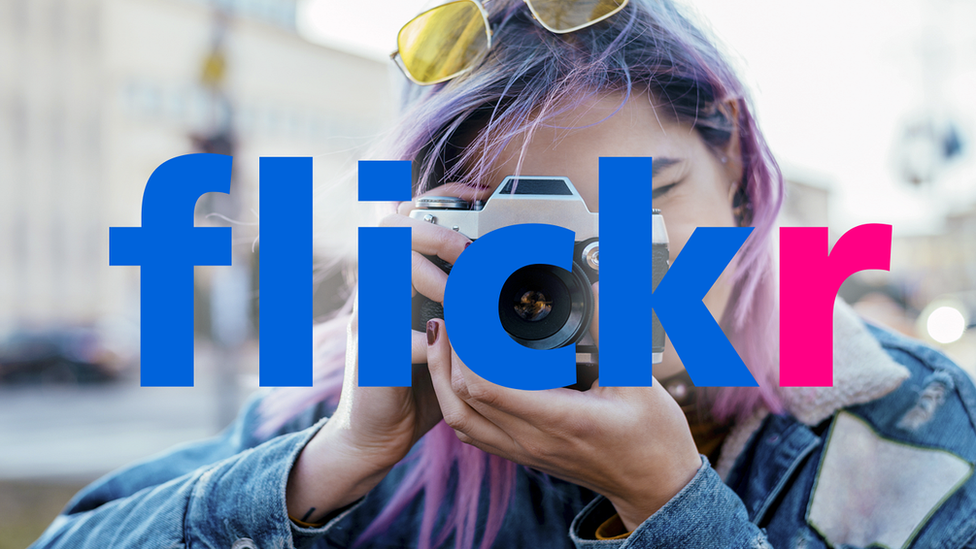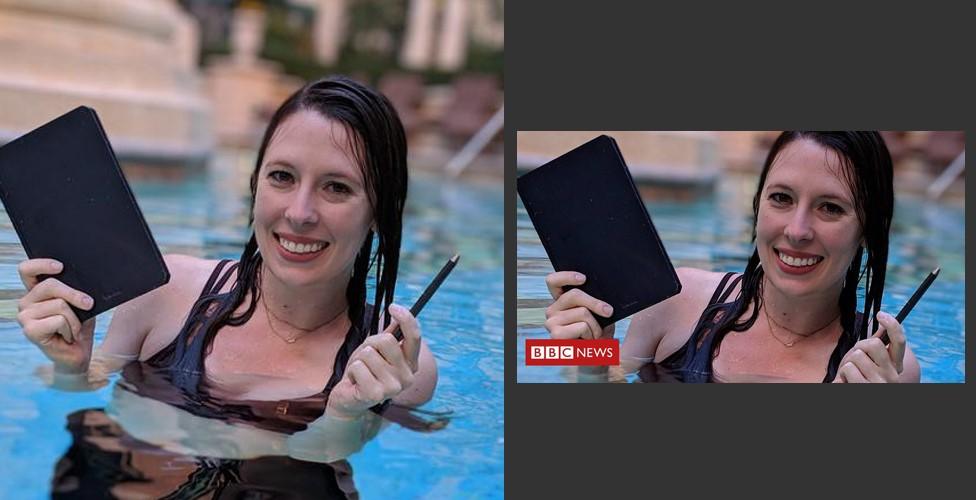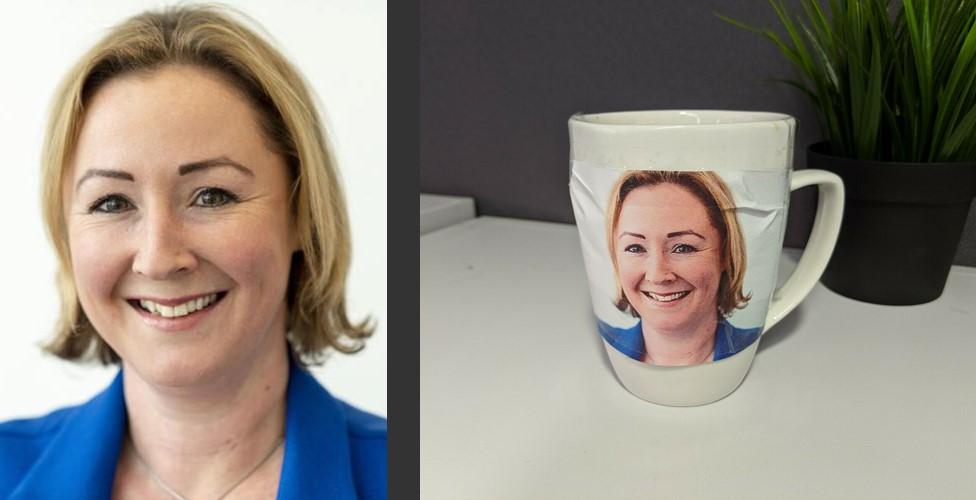Flickr adds photo theft detection tools
- Published

Photo-sharing website Flickr is to offer subscribers copy-protection tools that can detect if their images have been used without permission.
Flickr Pro subscribers will be able to monitor up to 1,000 images and send automated copyright claims to people or companies that use their photos.
"We want our photographers to feel comfortable sharing their work online," said Flickr's Andrew Stadlen.
Flickr deleted thousands of photos in February after changing its pricing.
Under the ownership of Verizon it had offered all members one terabyte of photo storage for free. But in 2018, its new owner SmugMug said the policy had proved "staggeringly expensive" and reduced the allowance to 1,000 photos for non-paying customers.
The copy-detection tools will be provided by US start-up Pixsy.
Under the Digital Millennium Copyright Act (DMCA), companies such as Facebook and Twitter are obliged to remove any copyright-infringing material they are made aware of.
Flickr Pro subscribers will be able to send up to 10 computer-generated DMCA reports for free.
However, they will also be able to submit legal challenges and seek compensation if they find their images used without permission for commercial purposes.
Pixsy says it has won thousands of legal claims for photographers using its system.
Put to the test
The BBC put the tools to the test with a selection of images. The first was a photo of one of the tech reporters - Cody Godwin - used in a BBC news story in January.
The AI-based tool found the picture on 26 other news websites making it easy to see who had linked to the BBC report and who had simply copied it.

This photo of Cody Godwin was taken for a BBC news story
Another photograph of Cody taken in the BBC's Los Angeles bureau turned up a surprising result. The tools found an image of Stormy Daniels in the same studio.
While the person in the photo was different, the AI had detected that both women were sat in front of the same backdrop.

Cody Godwin and Stormy Daniels in the BBC's LA bureau
Pixsy says its AI is good enough to spot images that have been turned into merchandise for sale on sites such as Amazon or Etsy.
As a final test, the BBC printed an image of tech reporter Zoe Kleinman and stuck it on a mug.

This mug was put up for sale on Ebay
The mug did not attract any bids on eBay and so far the tools have not detected it. However, the company says it can take several hours for new posts to be indexed.